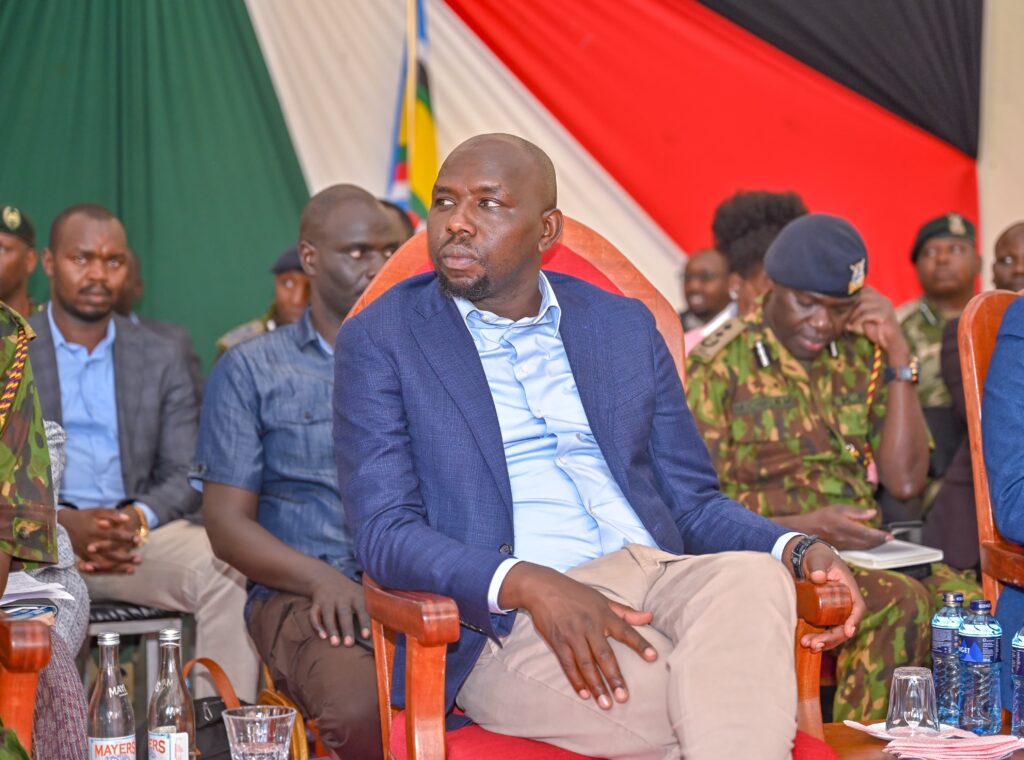Kenya has officially banned the Muslim Brotherhood and Hizb ut-Tahrir, two Islamist groups accused of spreading extremist ideologies.
The declaration was signed by Interior Cabinet Secretary Kipchumba Murkomen and published in a special Kenya Gazette notice on September 19, 2025. It was made under the Prevention of Terrorism Act.
What the Ban Means
The move makes it illegal to operate, support, or fund the two groups in Kenya. Their assets can also be frozen, and their networks dismantled.
Murkomen said the order will remain active until it is either revoked by the Interior Cabinet Secretary or overturned by a court. This means the ban is indefinite unless formally challenged.
Why the Groups Are Controversial
The Muslim Brotherhood was founded in Egypt in 1928. It combines religious activism with political and social work. Supporters see it as a movement for reform, but critics argue it has inspired extremist organisations. Its Palestinian branch, Hamas, is already listed as a terrorist group by many countries.
Hizb ut-Tahrir, on the other hand, calls for the re-establishment of a global Islamic caliphate. While it claims to be non-violent, several countries have banned it for links to radicalisation.
Kenya’s Security Context
Kenya has long faced the threat of terrorism, mainly from al Shabab, the Somalia-based al Qaeda affiliate. The country has endured devastating attacks, including the 2013 Westgate Mall siege, the 2015 Garissa University massacre, and the 2019 DusitD2 hotel attack.
By banning the Brotherhood and Hizb ut-Tahrir, Kenya hopes to block the flow of extremist ideas and funds that fuel radicalisation, especially among the youth.
A Signal to Allies
The decision also aligns Kenya with countries like Egypt, Saudi Arabia, and the UAE, which have already outlawed the Brotherhood. It strengthens Kenya’s cooperation with international partners while boosting public confidence in national security efforts.

